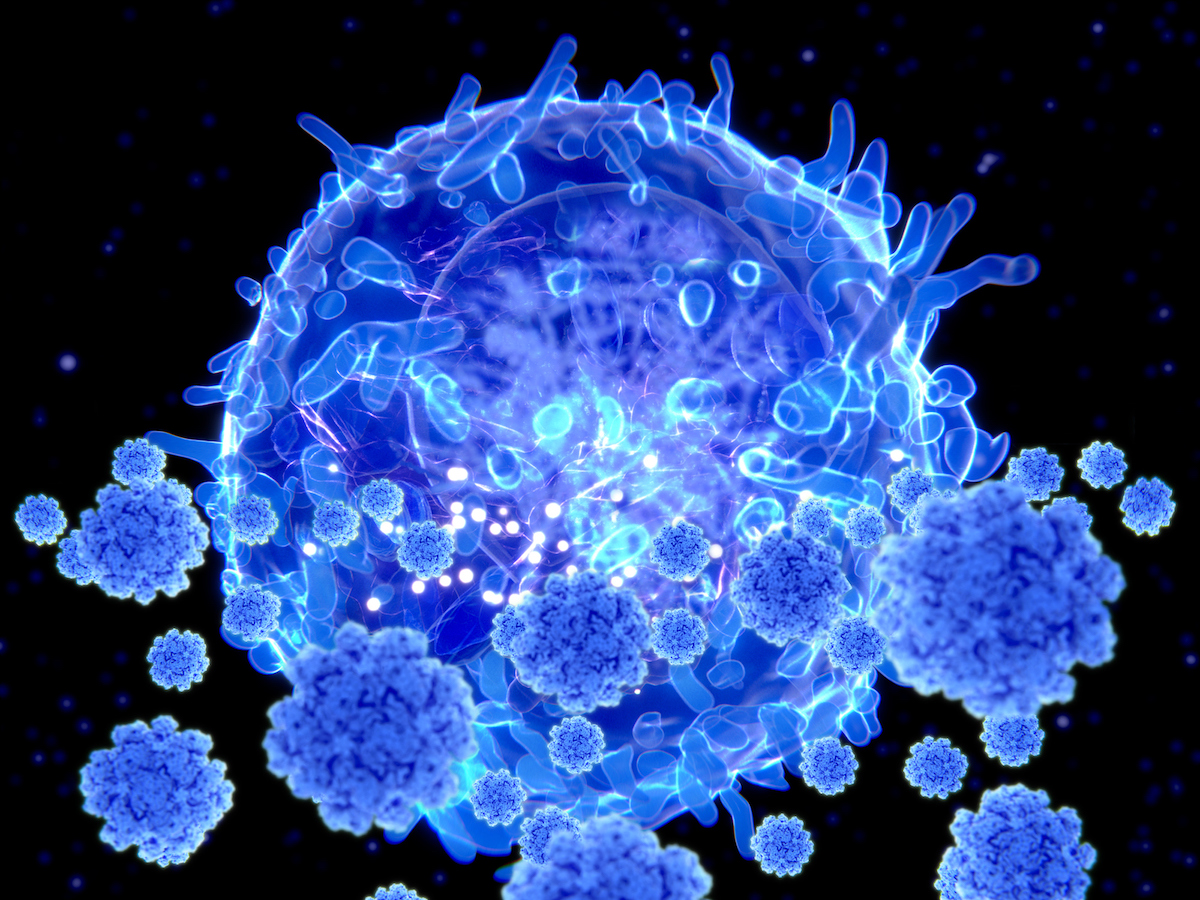<< Back
61 Percent of State Residents Never Infected With COVID: Can It Stay That Way?

March 09, 2022
A Centers for Disease Control and Prevention survey released last week estimated 39 percent of Connecticut residents have been infected with COVID-19, but that still left 61 percent of the population COVID-free.
Can the never-infected stay that way? (Nationally, 57 percent have never had COVID-19.) It could depend on your age, whether you’re vaccinated and boosted, have existing medical conditions and the state of your immune system. Or maybe you’re naturally resistant.
The world’s first “human challenge” COVID-19 trial, conducted at Imperial College London and hVIVO at Royal Free Hospital in London, deliberately infected 36 healthy, unvaccinated male and female volunteers, ages 18 to 29, with the original virus strain in February 2021 and recently reported only 18 were infected. Sixteen developed mild-to-moderate symptoms, such as a sore throat, stuffy or runny nose and sneezing — more like a cold. Some also reported headaches, fever, fatigue and muscle or joint aches.
Thirteen lost their sense of smell temporarily, though it returned within 90 days for all but three volunteers. Only one person developed what might be classified as long COVID, with a slightly reduced sense of smell at six months. Each participant had drops of fluid containing the virus in their nostrils. Most in Connecticut are fully vaccinated (78 percent), almost half of us boosted, an obvious advantage over trial participants.
“Well, we know that immunity does not last forever,” says Dr. Ulysses Wu, Hartford HealthCare’s System Director of Infection Disease and Chief Epidemiologist. “What you’re seeing, by and large, is a lot of people who get COVID do OK, even if they’re unvaccinated, though the vaccinated tend to do better.”
One possibility: Some people never get infected because they’ve acquired cross-immunity from the four endemic human coronaviruses responsible for many of the colds we suffer each winter. For some people, the colds prep T-cell (pictured above) and B-cell response to the new coronavirus.
“Every year, when you get the common cold,” says Dr. Wu, “there’s a 15 percent chance one of them is an original coronavirus — prior to COVID-19.”
Human challenges have contributed to developing vaccines for typhoid, cholera and malaria. They’ve also offered insight into the common cold and influenza.
The best protection for the never-infected remains a vaccination and booster. Then, if infected, anticipate mild cold-like symptoms.
“If another variant pops up, if we should experience another surge,” says Dr. Wu, “then we will have to pivot back — but that in itself is also living with COVID.”